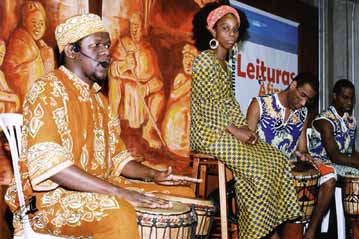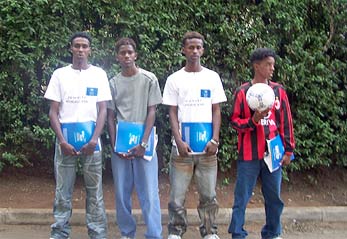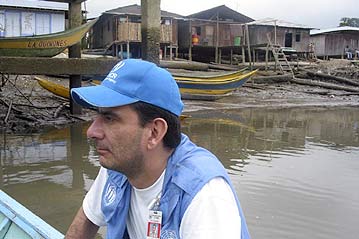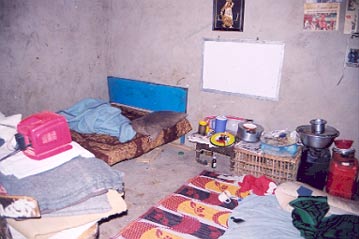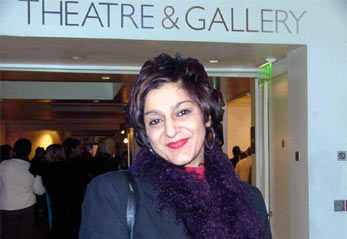"All My People Are Gone"
"All My People Are Gone"

KAMUGA TRANSIT CAMP, Uganda - Wetu lived with her parents, her children and a brother in the Eastern Congolese district of Ituri. She belonged to a large, extended family. Today, that family numbers just three. All are gone except for Wetu and her two children. With her family dead, her home burned and her belongings in ashes, Wetu is left with nothing but two children she cannot feed. All are refugees in Bundibugyo District, western Uganda.
Wetu and her children were lucky to escape with their lives.
"They killed my father, my mother, my brother and my kid," she said at Kamuga transit camp on the shores of Lake Albert. "They came in large numbers. I ran away during the attack and I later saw my home in flames. They were cruel in their killing - they cut their throats. And I have no idea what happened to their bodies. There was no time to bury them."
Wetu belongs to the ethnic Hema people. She and her family fell victim to the current round of violent clashes between the Hema and Lendu communities in the Ituri region of the Democratic Republic of the Congo. She is one of more than 6,000 refugees who fled to Uganda in a two-week period in January 2001. Unlike Wetu, many of the refugees were able to bring some of their belongings, including 25,000 head of livestock that are overwhelming local grazing lands and resources.
Wetu said she and her children were saved by the traditional layout of their now ruined home. They lived in a separate hut and were in it at the time of the attack, which was first directed at the main house. Everyone in the house, including Wetu's eldest son, was killed. Wetu and her two children fled before the assailants approached their hut. Like many innocent victims, Wetu has no real idea why the two groups are fighting.
"All I know is that the fighting has been going on for a long time," she said. "I have been told that the fight is about land, but I do not know of any land taken away by my family. Some say it is about politics, but I have nothing to do with politics."
"Yes, the fight is about politics, ma," interjected her 10-year-old son. The boy said his slain grandfather had told him that politics had become part of their traditional fight with the Lendus.
Hemas are traditionally pastoralists and live mainly in the lowlands, while the Lendus are highland cultivators. The two ethnic groups have lived side by side for more than 300 years, often exchanging goods through barter trade. The pastoralists produce beef and milk, while the cultivators produce the grain and bananas which are a staple in the diets of both groups.
The conflict between the two communities erupted in the 1990s, compounded by the easy availability of firearms in the D.R. of Congo, which has been embroiled in a civil war for the past two and a half years.
Lendus are believed to be of Bantu origin while the Hemas are believed to be Nilotic. The armed factions in the DRC civil war - who subscribe to the idea of an ethnic divide - have taken advantage of the long-simmering animosities between the Hemas and Lendus, politicising the conflict with a view to gaining new recruits. For now, Wetu will remain at Kamuga transit camp waiting to be moved to the 70 kms to Kyaka refugee camp, where she will join 2,200 other refugees.
"I have no home or family to return to, all my people are gone," she sighed. "I don't know what to do."
By Newton Kanhema
UNHCR Nairobi
(Editor's Note: With UNHCR help, Uganda already hosted more than 8,000 Congolese refugees before the latest round of fighting between the Lendu and Hema. In all, there are 216,000 refugees in Uganda, mostly from Sudan.)

